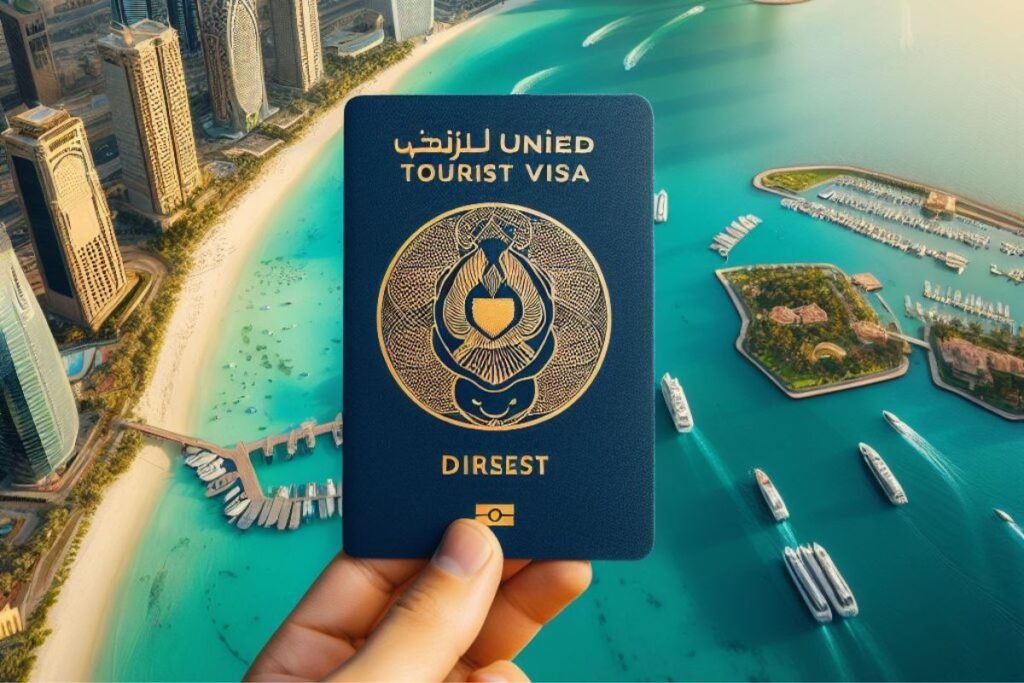In a momentous development aimed at fostering seamless travel within the Gulf region, the Gulf Cooperation Council (GCC) countries have greenlit a unified tourist visa to facilitate easy movement between the six member nations.
The announcement came during the 40th meeting of the Interior Ministers of the Gulf Cooperation Council, chaired by Sayyed Hamoud bin Faisal Al Busaidi, the Minister of Interior of Oman and the current session’s President, in the Omani capital, Muscat. The gathering saw the participation of the Ministers of Interior from all member states of the GCC.
The unified Gulf tourist visa project received resounding approval from the ministers, marking a significant stride in enhancing the ease of movement for residents and tourists traversing the GCC nations. The decision is anticipated to yield positive economic and tourism-related outcomes for the region.
Jasem Mohamed Albudaiwi, the Secretary General of the Gulf Cooperation Council, hailed the unified GCC tourist visa project as a commendable achievement, further adding to the long list of successes attained by the Cooperation Council.
The recent approval follows the earlier announcement made by Abdullah bin Touq Al Marri, the UAE Minister of Economy, regarding the consensus among the tourism ministers of the GCC countries on the implementation of the unified Gulf tourist visa.
Scheduled to be implemented between 2024 and 2025, in accordance with the internal regulations of each GCC nation, this innovative visa initiative will empower holders to explore all six GCC countries. The visa’s primary objective is to encourage and retain tourists within the region, thereby fostering greater economic integration.
Additionally, the ministers at the meeting endorsed the commencement of the initial phase of an electronic linkage system for traffic violations across the GCC countries. This strategic move aims to enhance regional cooperation in managing traffic-related issues more efficiently.
Furthermore, the ministers embraced the directive to develop a comprehensive Gulf strategy tailored to combat the scourge of drugs, which has emerged as a pressing societal challenge in the Gulf region and beyond. This strategic approach is expected to tackle the multifaceted dimensions of the drug issue, aiming to promote a safer and more secure environment for all.
